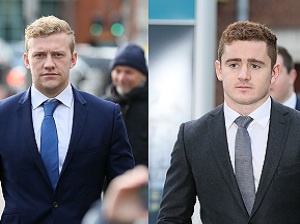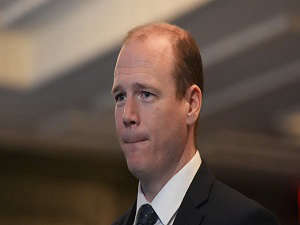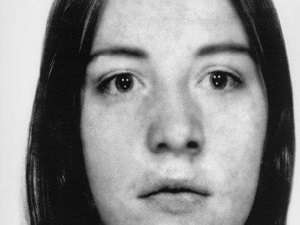
By PA Reporter
A jury in the rape trial of two Ireland rugby players has been sent home for the day without reaching a verdict.
The eight men and three women deliberated for more than two hours on Tuesday.
Judge Patricia Smyth said: "Because of the critical state that you are at in the trial, I have to tell you in particular that you may not speak to anyone about this trial.
"Do not let anyone speak to you. Do not look at the press. Do not look at social media. Do not look at Twitter."
Issuing a further warning, Judge Smyth added: "Only deliberate when all 11 of you are together. Only speak about this trial when all 11 of you are present. I am going to release you and we will meet tomorrow at 10. Thank you very much."
The case has been adjourned.
Judge Patricia Smyth told Belfast Crown Court: "Members of the jury the only verdict that I can accept is a unanimous verdict and that is a verdict in respect of which all 11 of you agree."
Paddy Jackson, 26, from Oakleigh Park in Belfast and his Ireland and Ulster teammate Stuart Olding, 25, from Ardenlee Street in the city deny raping the same woman at a house in south Belfast on June 28, 2016.
Jackson denies a further charge of sexual assault.
Two other men have also been on trial on charges connected to the alleged incident.
Blane McIlroy, 26, from Royal Lodge Road, Belfast, denies exposure while Rory Harrison, 25, from Manse Road, denies perverting the course of justice and withholding information.
Thanking the jury panel, Ms Smyth added: "Thank you all sincerely for stepping out of your own lives and coming here to give us your time."
The high-profile trial was originally scheduled to last for five weeks but has now entered its ninth week.
Jurors have heard evidence from 30 witnesses, including the four defendants.
Closing speeches by prosecution and defence legal teams finished last week.
The judge spent over an hour on Tuesday issuing legal direction before sending the jury out to deliberate.
They were told to consider the case for and against each defendant separately.
They must also take into account all of the evidence, including testimony provided by the defendants which has to be assessed in the same way as any evidence, the judge said.
Jurors were also advised that if evidence bears upon the case of another defendant that person may have an interest of their own.
It is a matter for the jury to determine whether someone "may have tailored his evidence accordingly".
Ms Smyth added: "It is entirely for you to decide."
Meanwhile the judge also told the 11-person panel they had to determine whether inconsistencies in accounts from the defendants "amounted to a lie".
Ms Smyth said: "People lie for all sorts of reasons and the defendants are no different."
Reasons include panic or confusion, the court heard.
Referencing text and WhatsApp exchanges, Ms Smyth said jurors must consider all of the messages that have been sent by all of the young people in the case.
"Consider all the possible innocent interpretations before you reach your final conclusion."
She also told the jury they could decide what, if any, weight they attached to good character evidence presented in respect of each defendant.
Meanwhile, alcohol consumption must also be taken into account. Ms Smyth said: "All defendants have told you that they were drunk on the evening of June 27, 2016.
"It is important that you do not leap to the conclusion that just because the defendants were drinking that they were prepared to engage in non-consensual sex."
Throughout the hearing all four defendants, dressed in dark suits, shirts and ties sat side by side in the glass dock in the middle of the courtroom number 12, one of the biggest in the Laganside complex.
The public gallery was also packed to capacity.


 Kneecap announce new song ahead of headline performance at London’s Wide Awake
Kneecap announce new song ahead of headline performance at London’s Wide Awake
 Gordon Lyons to attend first GAA match as Stormont Communities Minister
Gordon Lyons to attend first GAA match as Stormont Communities Minister
 Fresh appeal over 1973 murder of 18-year-old whose body was found in quarry
Fresh appeal over 1973 murder of 18-year-old whose body was found in quarry
 Kneecap say terror charge is ‘carnival of distraction’ and ‘political policing’
Kneecap say terror charge is ‘carnival of distraction’ and ‘political policing’
 Woman assaulted while jogging in West Belfast
Woman assaulted while jogging in West Belfast